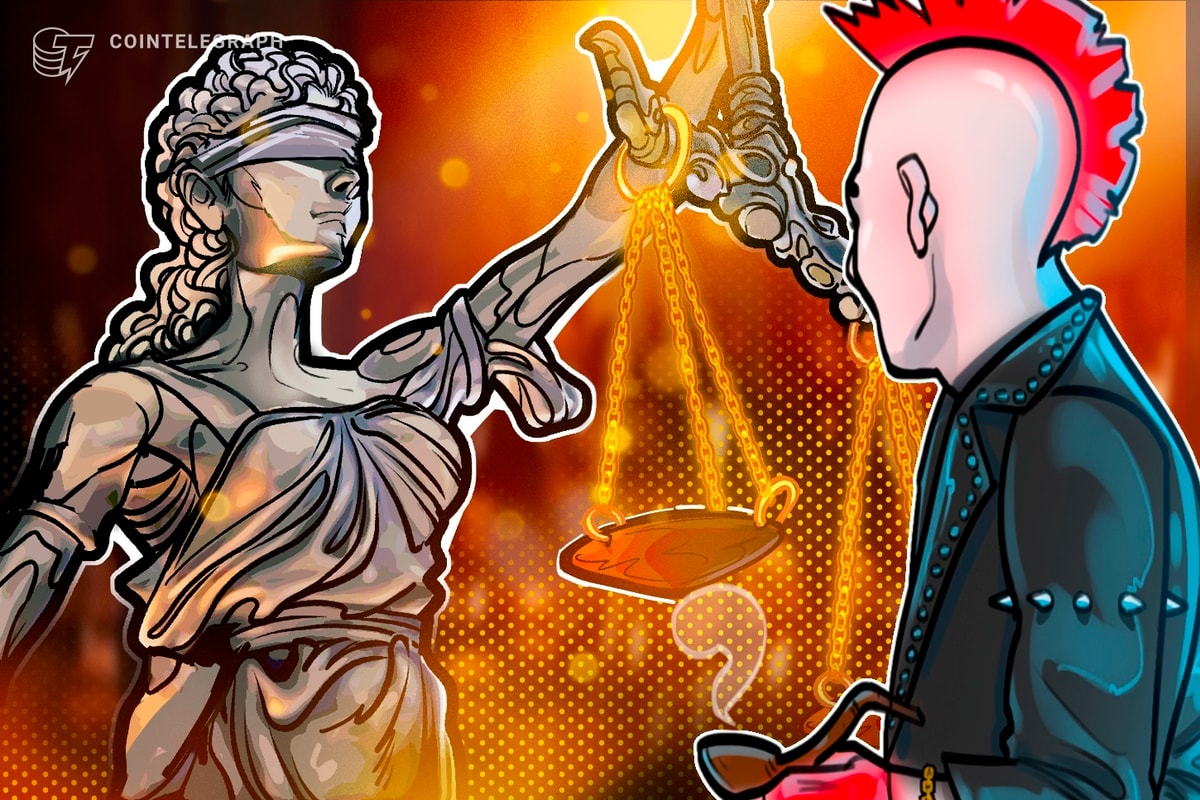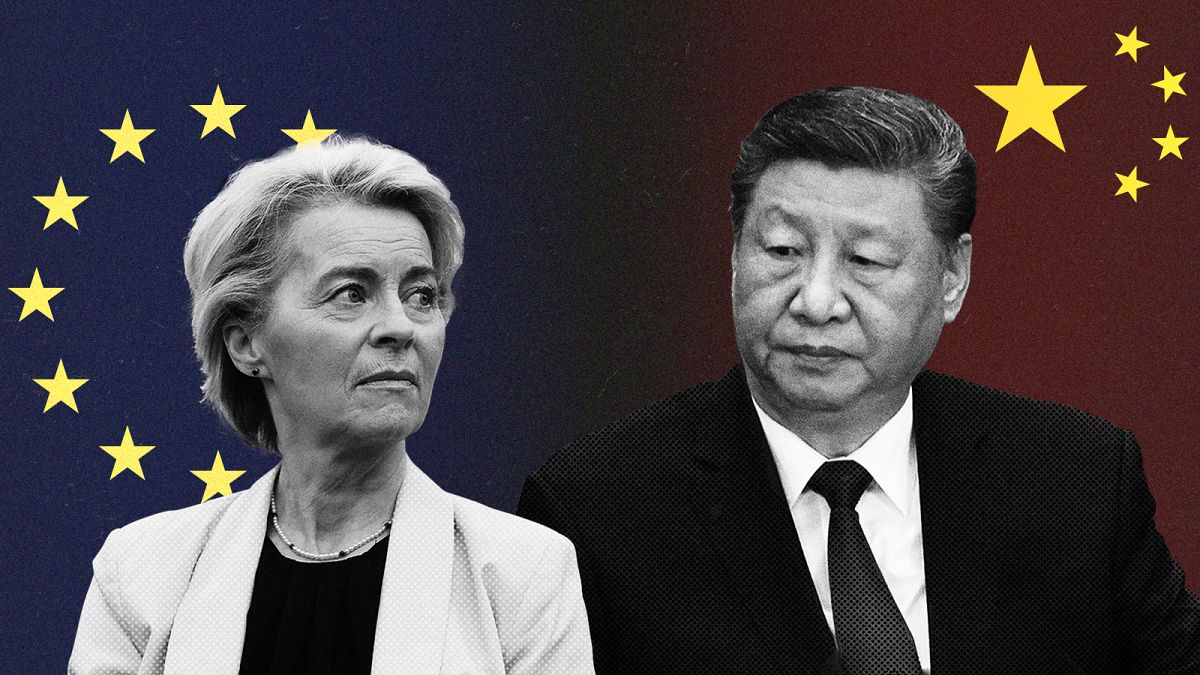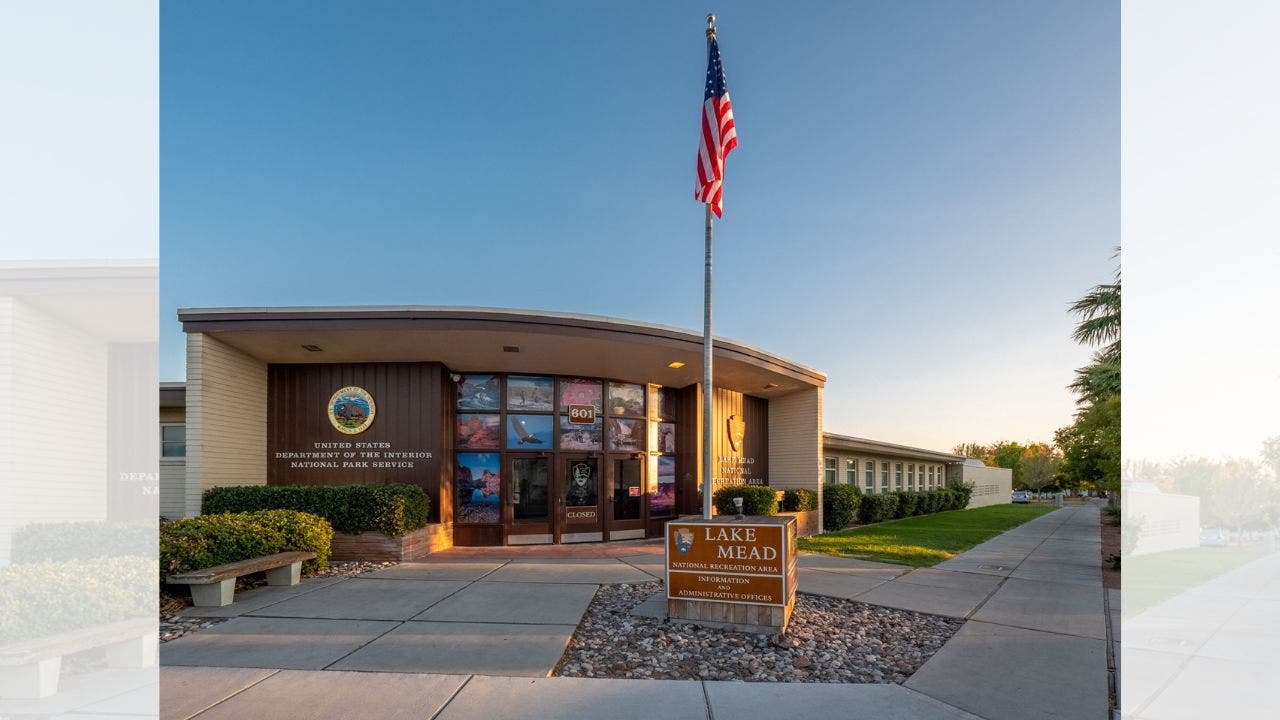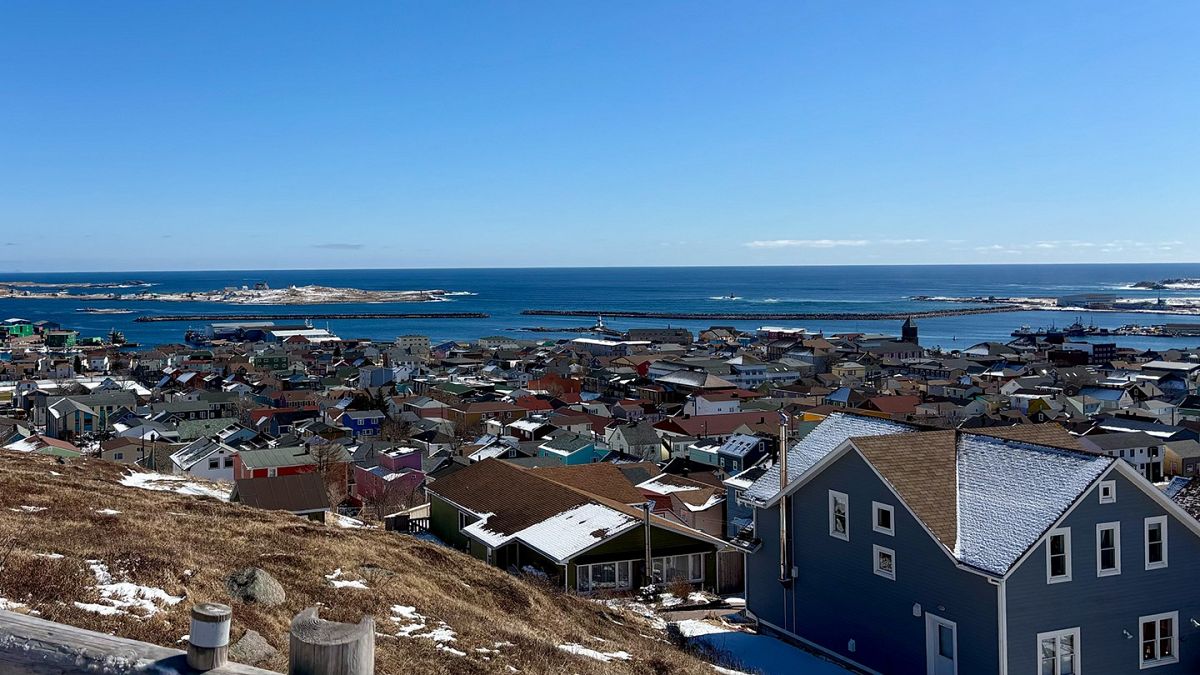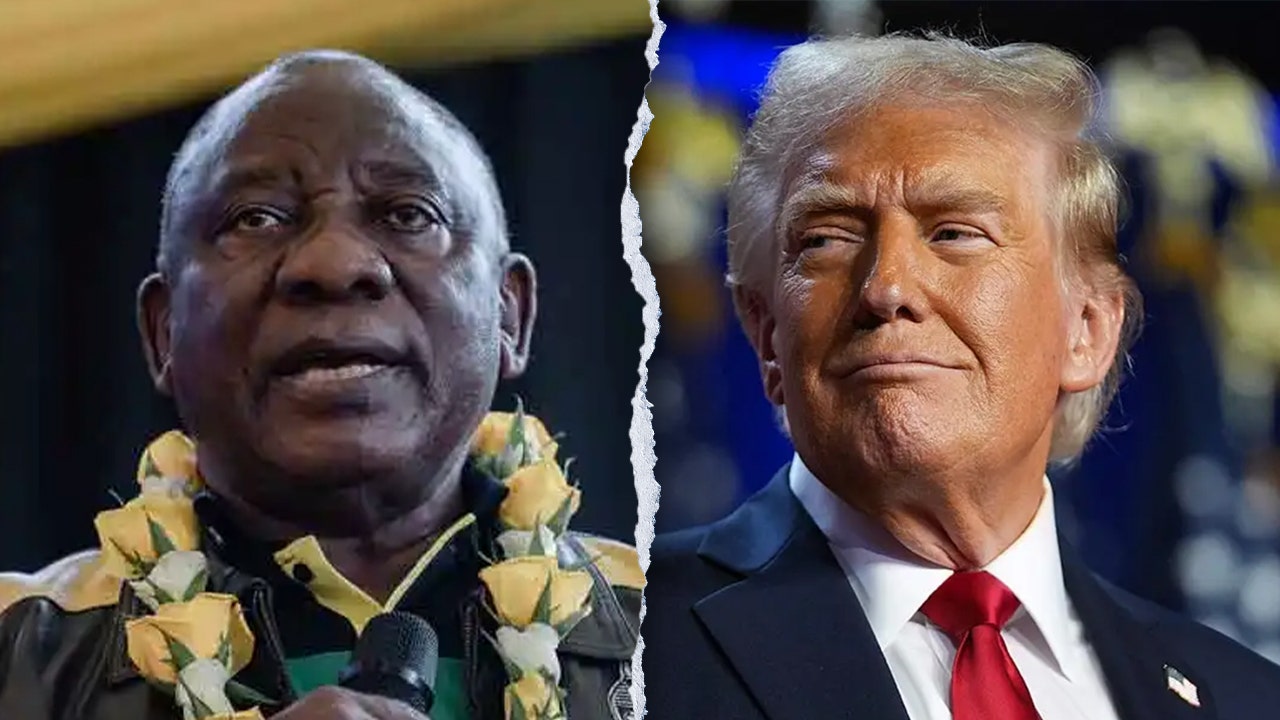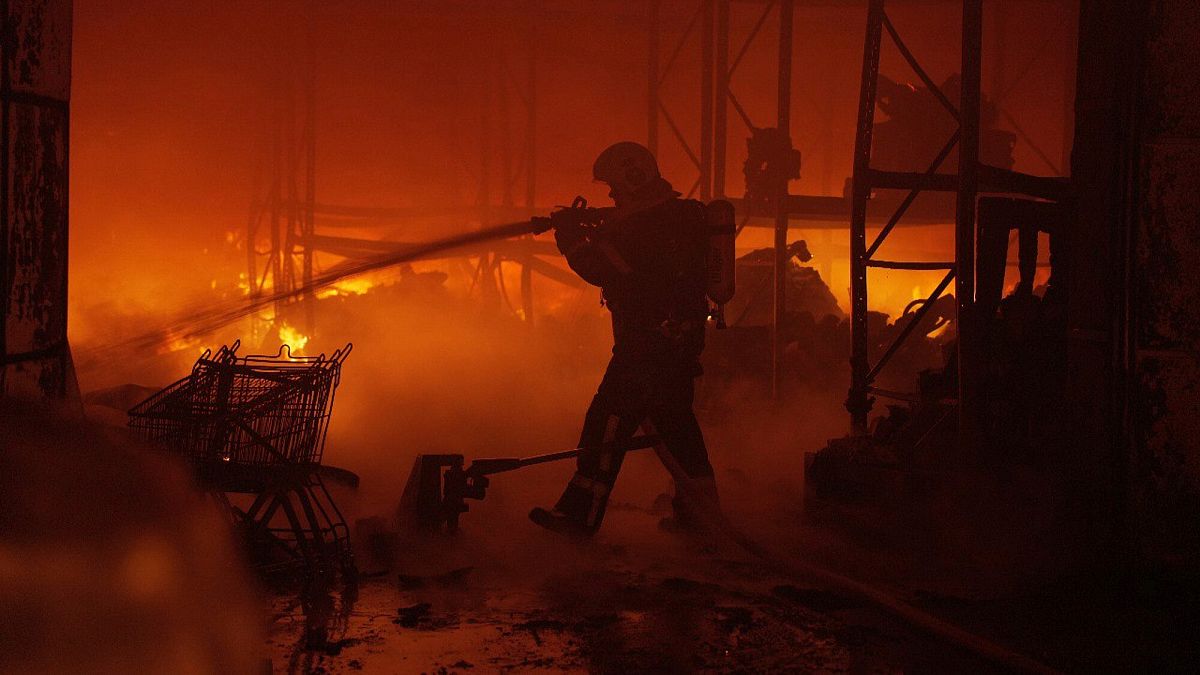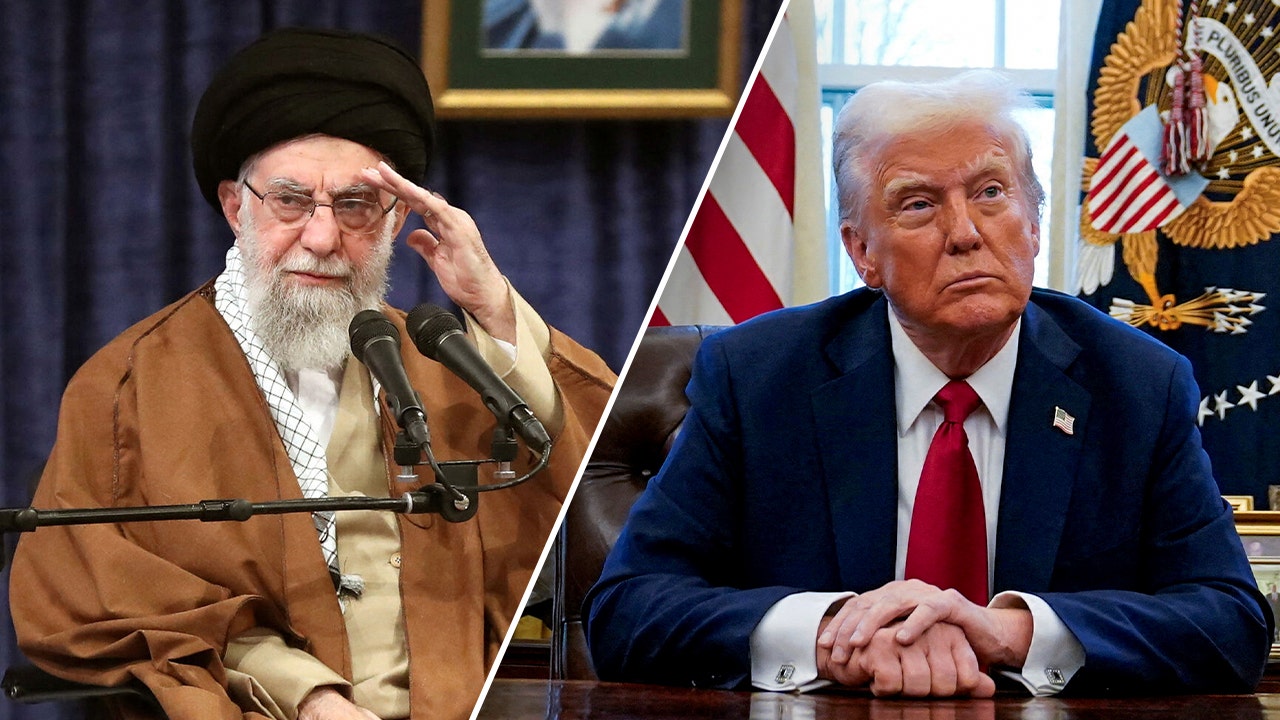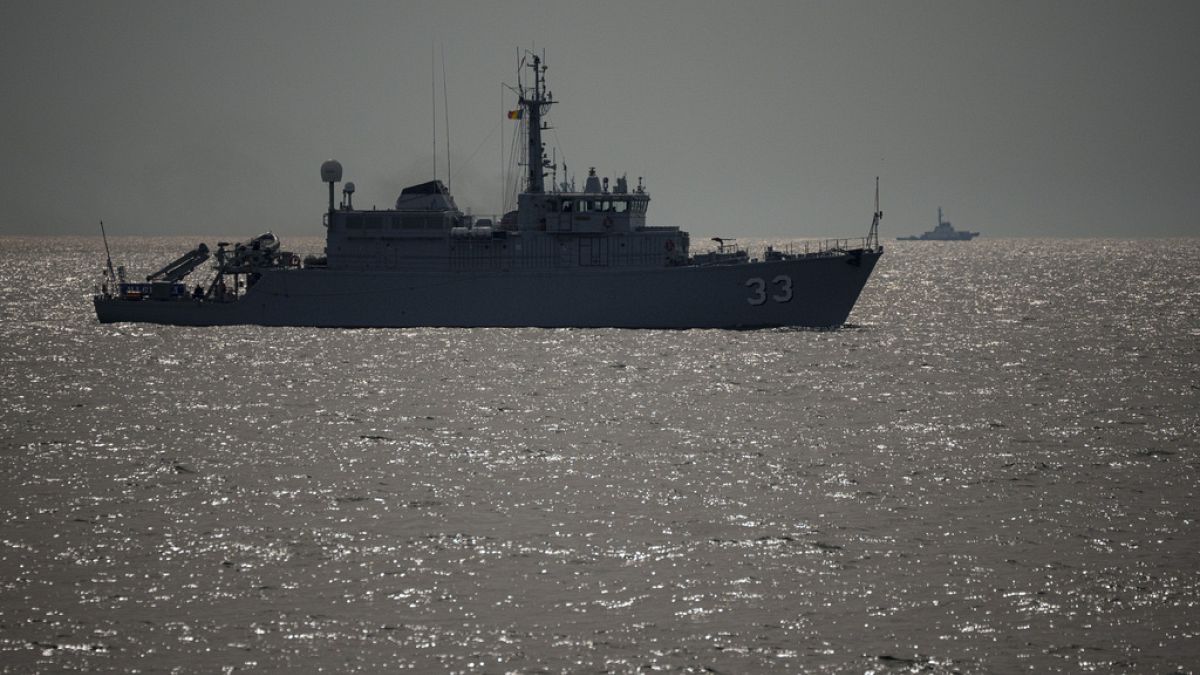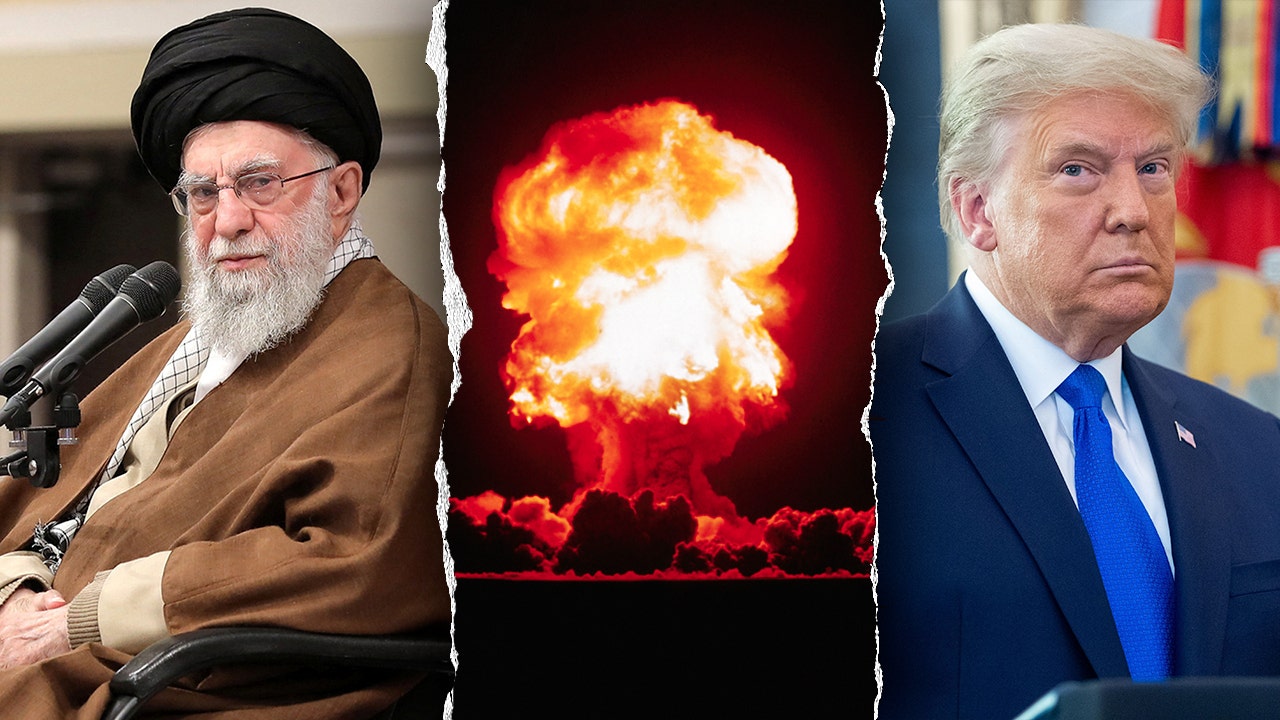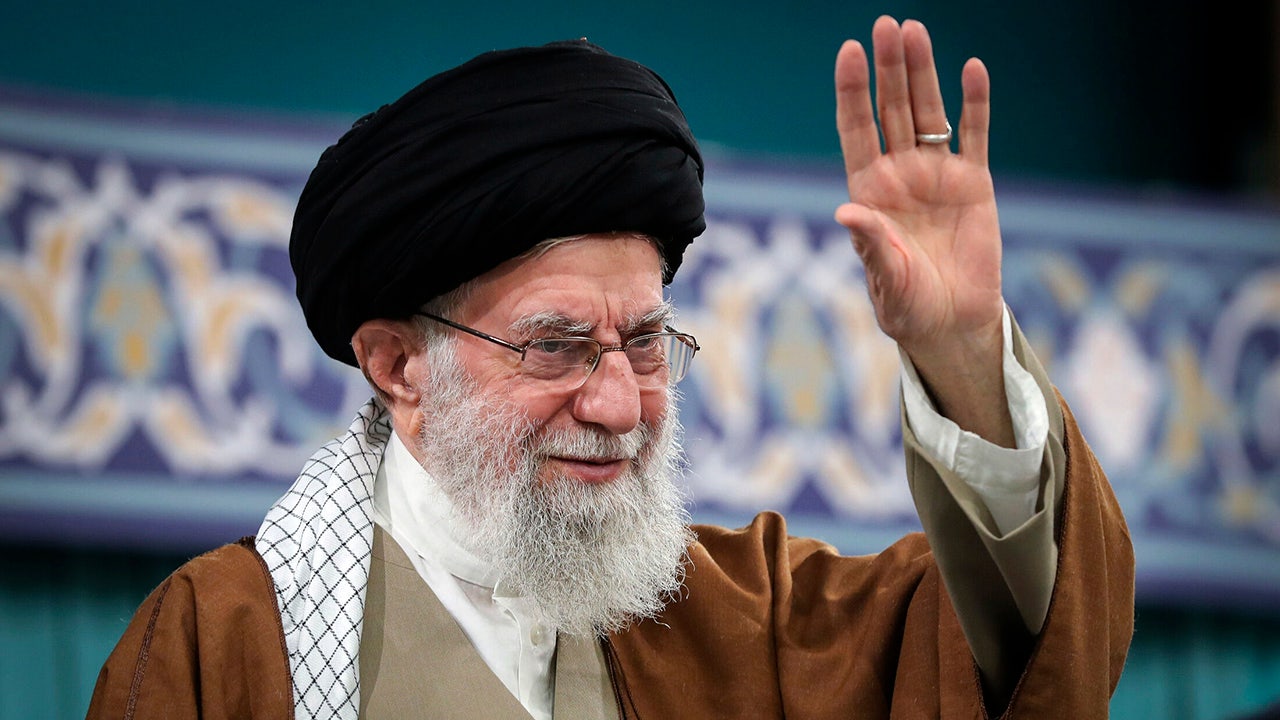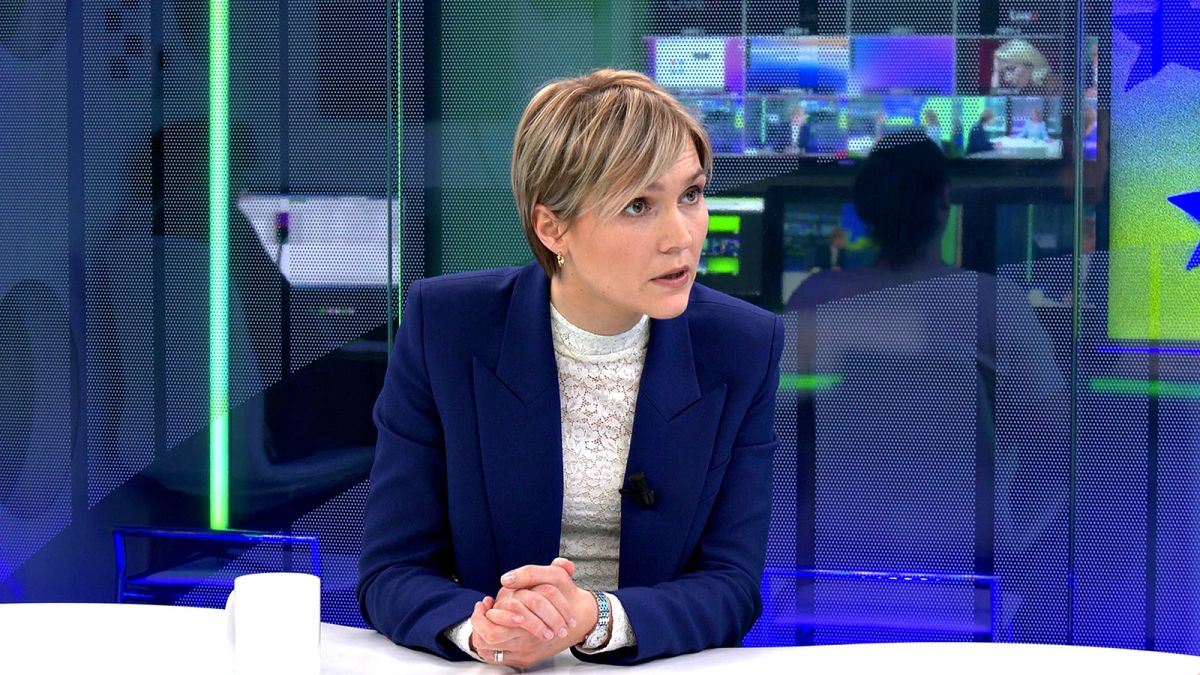Saint Pierre and Miquelon, a self-governing French territory located off the shores of Canada with a population of roughly 6,000, is not used to making global headlines.
But when US President Donald Trump slammed the steepest tariffs in the world on it during his so-called “Liberation Day” last week, the world’s attention turned to the eight-island archipelago.
On 2 April, the Trump administration claimed Saint Pierre and Miquelon imposed 99% tariffs on the US.
Trump’s team took this supposed figure and slashed it in half to reach the “reciprocal” tariff rate of 50% — as a result, Saint Pierre and Miquelon, along with Lesotho, for a moment faced the highest tariff rates in the world.
“It was a bit surprising to find ourselves public enemy number one all of a sudden, especially given that we are a small territory which has been suffering from inflation“, Stéphane Lenormand, who represents the Liberties, Independents, Overseas and Territories party in the National Assembly, told Euronews.
The territory grappled with the prospect of extortionate tariffs, before Trump U-turned on his rate days later, lowering it to 10%.
Many remained puzzled about how Trump reached the 50% tariff rate, given that the US Census Bureau archives state that trade with Saint Pierre and Miquelon has been minimal for the past thirty years.
“US figures don’t include all products from Saint Pierre and Miquelon, which enter the American market through Canada. This means we have virtually no direct contact with the US, apart from the occasional fishery,” said Lenormand.
But fish proved to be exactly the problem, as Trump’s calculation methods were based solely on 2024 figures, in what was an exceptional year for Saint Pierre and Miquelon in terms of sales.
In July, the country received an unprecedentedly large order for halibut fish, which led to exports to the US reaching €3,08 million ($2.84 million), while imports totalled €90,570 ($100,000).
The Trump administration calculated its tariffs using a simple formula: it divided Washington’s trade deficit with a country by its exports to the US.
Economists have discredited this method, stating that it considers a country’s trade imbalance but does not represent actual tariffs imposed on the US.
Speaking to Euronews, Bernard Briand, President of the Territorial Council of Saint-Pierre-et-Miquelon, said that the territory will still “be keeping a close eye on the responses of the European Union and Canada, our main trading partners.”
French politician adds to the islanders’ woes
Just when islanders thought the headlines had subsided, the French nation’s eyes turned to them again days later.
French National Assembly deputy Laurent Wauquiez argued that foreign nationals under an obligation to leave French territory, known as OTQF, should be given two options: either be locked up in Saint Pierre and Miquelon or sent back to their home countries.
As part of his proposal, Wauquiez said he would block any individuals who wished to return to France from the archipelago, which is outside the Schengen area.
Wauquiez’s interview with French newspaper JDNews sparked backlash across the country’s political spectrum.
France’s Minister for Overseas Territories Manuel Valls reacted swiftly, stating “no internal campaign should lead a politician … to hold a territory of the (French) Republic in contempt.”
Others like Annick Girardin, former overseas territories minister, called for a public apology.
Apologies don’t seem to be an option for Wauquiez, who hopes to be elected as the next president of France’s conservative Les Républicains party in upcoming elections.
The controversial politician invited his followers to join a Zoom call on Thursday to discuss his proposal. In response, politician Bernard Briand encouraged locals to dial in.
During the call, Wauquiez acknowledged that local politicians and residents were not happy about his measure, but he stated that “people across France who live next to detention centres aren’t thrilled about it either.”
“Mr Wauquiez could have mentioned an uninhabited French overseas territory, but no, he had to show such contempt for the local population of Saint Pierre and Miquelon,” Briand told Euronews.
“I’ve had a lot of feedback from residents who are outraged that our region is being used as a dumping ground for the problems of the rest of France.”
“One resident, originally from Brittany, told me: ‘Where I come from, they say it only rains on idiots. If Wauquiez comes here, he’ll have snow on his head all year round’. I think that says it all,” added Briand.
Wauquiez said living conditions in Saint Pierre and Miquelon, which is situated off the coast of Canada and experiences harsh winters, would act as a deterrent.
“The average temperature is 5 degrees during the year, with 146 days of rain and snow. I think that’s going to get everyone thinking pretty quickly,” he explained.
Responding to these comments, the MP representing the isles Lenormand asked: “How could people facing an obligation to leave French territory be sent to Saint Pierre and Miquelon, which is in fact a French territory?”
“Our territory has one of the smallest prisons in France, so it would be impossible for us to host hundreds of prisoners,” he pointed out.
Despite the controversy, Lenormand remains hopeful that something positive could arise from recent chaos which has surrounded the island.
“I am optimistic and want to believe that the focus given to us by Trump and Wauquiez in the space of a week could bring us new businesses and new residents, including some of the diaspora we’re trying to bring back,” he concluded.
Read the full article here
